Close Your Eyes by Paul Jessup

Close Your Eyes is a hallucinatory space opera, well, a nominal space opera at least. It reprints the 2009 novella Open Your Eyes and adds a continuation on to it as the misfit salvage crew find themselves in an alien world.
In this book language is a virus, but you likely heard that one before. What might be news is love is a virus too. It consumes and destroys as efficiently as any microbe-borne fever could.
A woman impregnated by a supernova, a man obsessed with an imaginary woman, a woman held captive by her love for her abuser, and another woman trying to resurrect her dead lover. These individuals compose the ship’s love-doomed crew as they scavenge across the stars and ultimately encounter an apocalyptic brain-melting alien language virus.
Things happen. Events spiral into chaos. Dooms are averted or not to catastrophic results.
One trope of space opera is that there are galaxy spanning hegemonies or polities, Federations, Empires, Cultures, and what not. In Close Your Eyes there’s none of that. There’s no there there. The galaxy is so big and the populations so distant that it’s like no one lives there at all. The technology too is at once familiar and incomprehensible. Characters walk the ship’s eiga armed with betadurs while their patueks back-up their brains in case of emergencies. None of these get described, but a lever on the wall does.
It’s jarring, but it also might be the point.
When setting is more atmosphere and mood than concrete details, the reader’s invited to take an active part in the story’s creation and fill in the gaps. But this also means the reader might make some leaps the author wouldn’t intend. The world depicted in Close Your Eyes is a world where predation abounds. The big fish always eats the little fish. And this applies to AI computer systems, alien language viruses, as well as simple interpersonal relationships.
And while all this is recognizable as space opera, the latter portions of Close Your Mouth are straight from Lewis Carroll. Just when you think you’ve figured out the rules, the novel pulls the rug out from under you and changes the rules, and we the reader emerge from one hallucinatory setting to another with suddenly different rules and different relationships. Where before you were on an awful space ship now you’re in a malevolent wonderland where the predation continues but events remain just as incomprehensible.
Is that a problem? I don’t know. Maybe for some, but others might find the weird, jarring imagistic stuff refreshing. I did. You might too.
Close Your Eyes is available from Apex Books and your usual monolithic internet retailers.
“In Search of Lost Books: The Forgotten Stories of Eight Mythical Volumes” by Giorgio van Straten

A manuscript hidden away for decades in a bottom drawer discovered after its author’s death.
Another manuscript lost when the suitcase it was stored in gets stolen from a train compartment.
Or another manuscript destroyed to protect the author’s associates and families from scandal. Not to mention the other, other manuscripts destroyed by their authors for not being good enough. Or even no manuscripts at all, just the rumors of them. Books that may or may not have ever existed but which still manage to haunt readers because they might have.
Giorgio van Straten hunts for these books here, exploring eight of their stories and the mysteries that surround them. From certainty to speculation, from the lost manuscript Van Straten read but later learned was destroyed, to those he wonders if they’ve ever existed at all. There’s the Hemingway manuscript lost when his then wife had her suitcase stolen. There’s Lord Byron’s memoirs burnt by his associates to spare them from scandal. There’s Gogol burning the later parts of Dead Souls because they weren’t “good enough”, and then there’s Walter Benjamin, Sylvia Plath, Bruno Schulz, Malcolm Lowery, all of them with rumored “lost” manuscripts out there.
We start in Italy and the manuscript that in many ways typifies them all. This one written by Van Straten’s mentor, the Italian writer Romano Bilenchi. Here he knows the book existed. He saw it and read a copy, only to learn years later that Bilenchi’s wife destroyed the manuscript to protect her husband’s legacy. The second has Lord Byron’s associates meeting with his agent to burn his memoirs and keep them from publication to silence any possible accounts of homosexuality (less Byron’s and more their own). Then there’s the famous Hemingway’s lost suitcase and Walter Benjamin’s lost suitcase too, although maybe his was empty. We read of Gogol’s and Lowry’s self-destructive perfectionism and how this as much as any thing destroyed their work. Last, are the tantalizing ones: Bruno Schulz’s novel The Messiah lost in the chaos of World War Two (even now hints of its possible discovery can generate plots that resemble spy thrillers), and the potential books by Sylvia Plath kept out of the public sphere by Ted Hughes’s control of her estate.
Overall this is a very enjoyable set of essays about an author’s obsession with an obsession-worthy subject, and the bug that’s as much fool’s quest as the object of wishful thinking on what might have been. If you can track down a copy, and are the kind who enjoys a good fool’s quest, this is definitely worth a read.










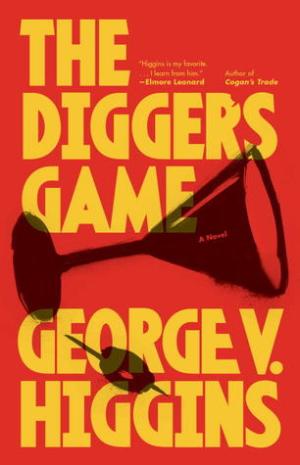


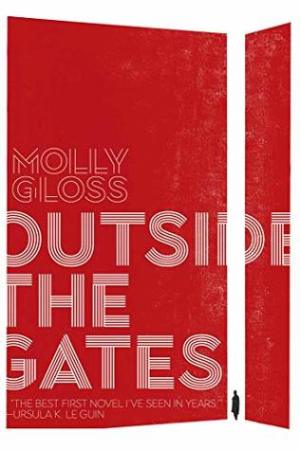

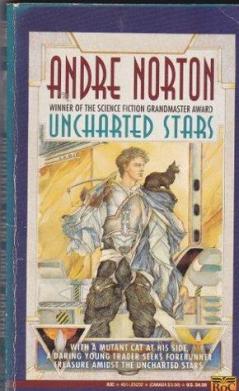
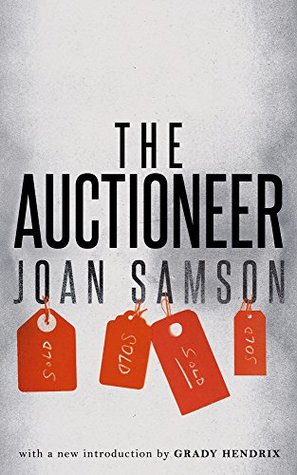










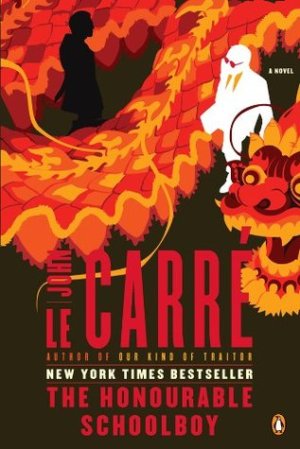 The Honourable Schoolboy by John le Carre:
The Honourable Schoolboy by John le Carre: A Natural History of Dragons by Marie Brennan:
A Natural History of Dragons by Marie Brennan: The Warrior’s Apprentice by Lois McMaster Bujold:
The Warrior’s Apprentice by Lois McMaster Bujold: Sweet Silver Blues by Glenn Cook:
Sweet Silver Blues by Glenn Cook:  Abbott by Saladin Ahmed, Sami Kivela, and Jason Wordie:
Abbott by Saladin Ahmed, Sami Kivela, and Jason Wordie: